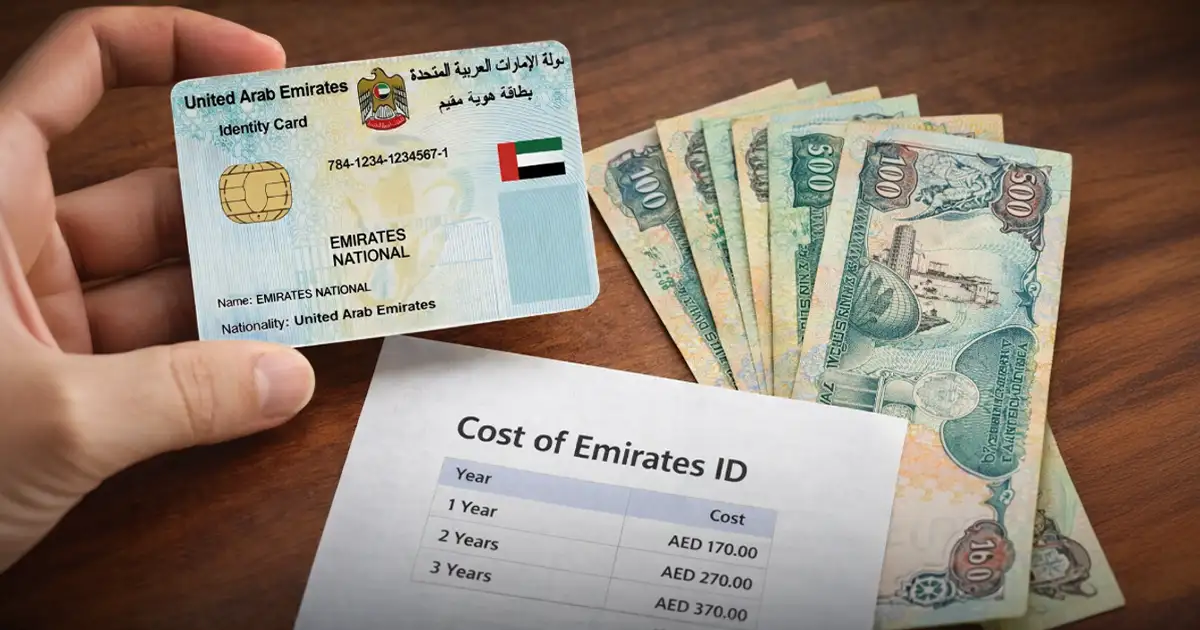The UAE’s tax system has undergone significant changes. Businesses must now understand them to stay compliant.
-
Overview Of UAE Corporate Tax (Effective from 2023)
The UAE introduced a federal corporate tax on business profits. This tax came into effect for financial years starting on or after June 1, 2023. The tax is calculated on your company’s net profit, with a standard rate of 9% on taxable income exceeding AED 375,000. For profits up to that amount, the tax rate is 0%. This tiered system supports small and medium-sized businesses.
-
Applicability To Mainland, Free Zone, And Offshore
The UAE charges corporate tax on all businesses, whether they operate on the mainland, in a free zone, or offshore. Every business must register for corporate tax, even if it does not owe any tax.
Free zone companies may follow special rules. If their income qualifies as “qualifying income” under the free zone regime, they can pay 0% tax. However, they still must complete the registration and file tax returns. The main difference lies in how each type of business is taxed.
-
General Principles Of Deductibility Under UAE Tax Law
The Federal Tax Authority (FTA) allows businesses to deduct expenses only if they are wholly and exclusively for business purposes. This includes some pre-incorporation and pre-trade costs, such as fees for company registration, legal advice, business consultancy, and initial market research.
If an expense serves both business and personal purposes, you can only deduct the portion used for business. Always keep clear records and receipts to support your claims.





